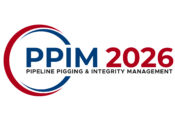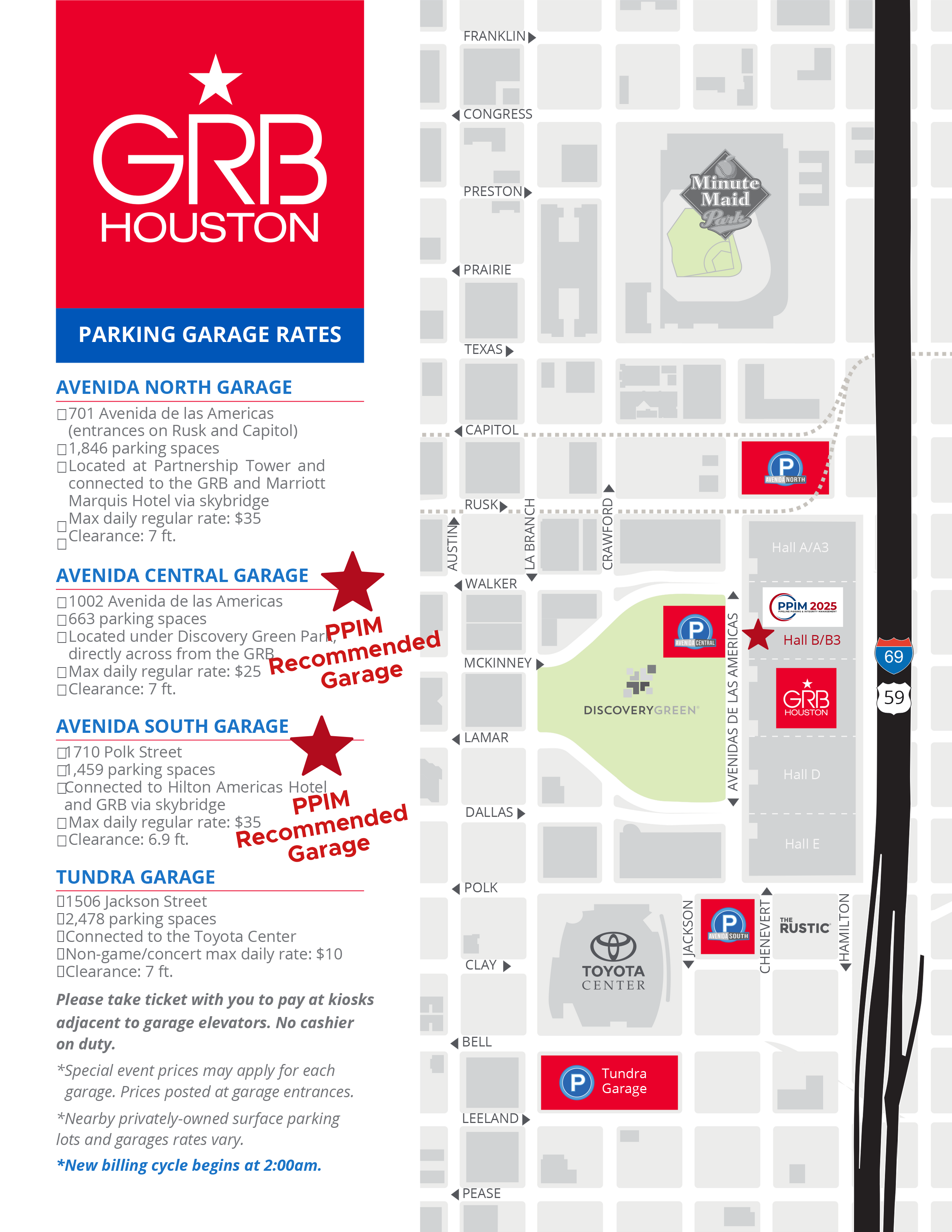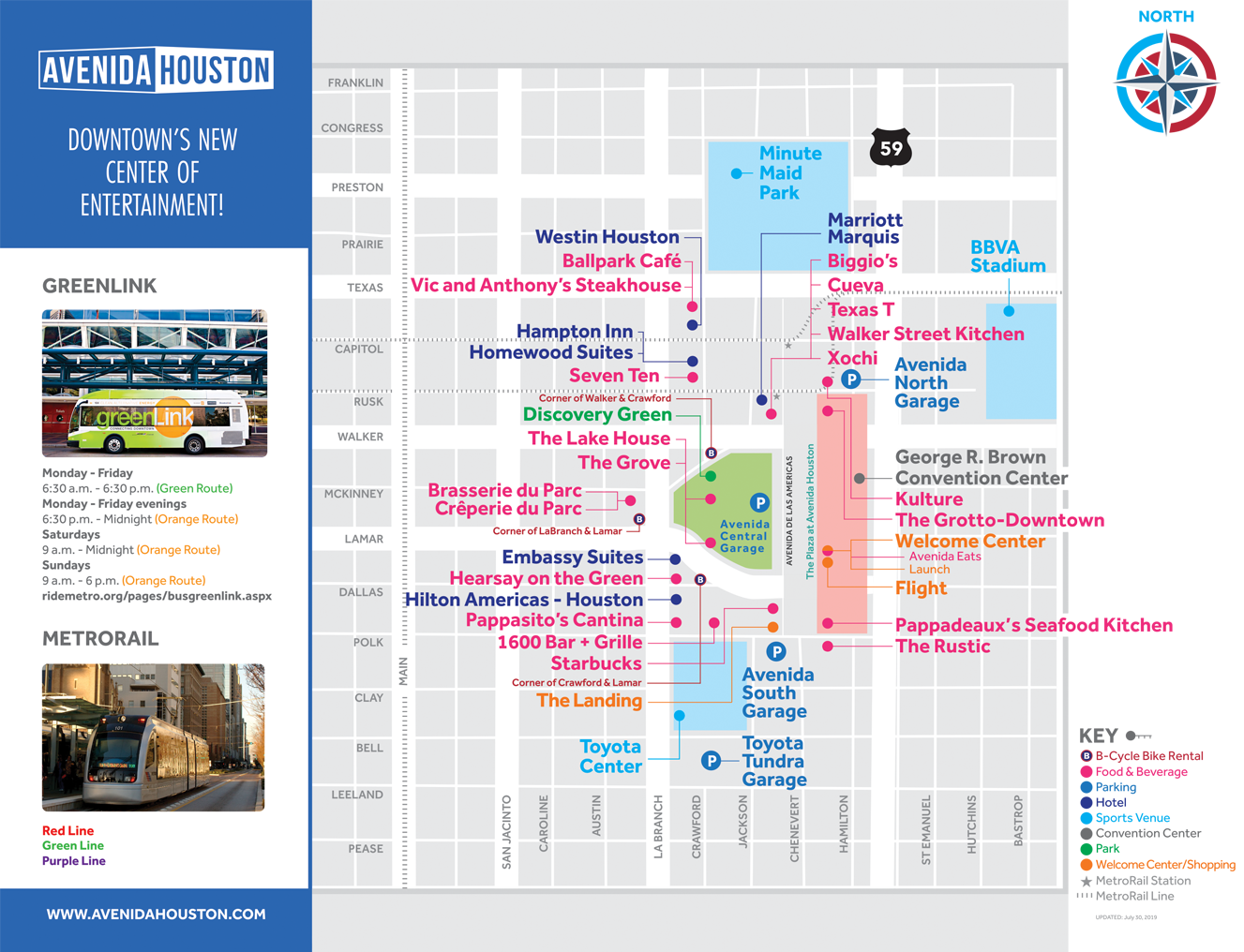COURSE SCHEDULE
Tuesday, January 28
1pm-5pm
It will be necessary to bring a laptop to this course.
WHAT YOU WILL LEARN
This half-day course will deliver a comprehensive overview of pipeline integrity, with a sharp focus on Interacting Threats. It kicks off with an introduction to key definitions and contexts from industry organizations, underscoring the critical importance of managing interacting threats over isolated anomalies. The course then dives into various types of interacting threats and scrutinizes historical failure data from PHMSA to underscore their significance.
Detailed case studies on threats such as selective seam weld corrosion (SSWC), mechanical damage, and circumferential stress corrosion cracking (CSCC) are included. The course covers the application of inline inspection (ILI) technologies like magnetic flux leakage (MFL) and ultrasonic technologies (UT, EMAT) to the assessment of complex interacting threats. The final section zeroes in on prioritization and mitigation strategies, discussing integrity engineering assessment processes, repair techniques, and the vital role of expert collaboration. Designed to be interactive, the course integrates practical examples and discussions, catering to a broad audience of pipeline professionals, from entry-level to seasoned integrity engineers.
WHO SHOULD ATTEND
The course is especially designed for integrity engineers who have a basic familiarity with ILI technologies, have experience in the pipeline industry and are ready to engage with advanced assessment techniques of complex integrity threats.
COURSE NOTES
Included with the course fee is a detailed set of lecture notes (provided as a PDF download) providing invaluable reference after the course.
CONTINUING EDUCATION UNITS
Upon completion of the course, participants will be eligible to receive .4 CEUs.
INSTRUCTOR
Mike Kirkwood is the Director for Integrity Engineering solutions at T.D. Williamson (TDW). Mike has been with TDW for over 16 years and has over 40 years of experience in the nuclear, power generation, water and oil and gas industries. Mike is a subject matter expert (SME) in all forms of structural integrity but specializes in pipelines. Mike is the author of many international papers on pipeline integrity, risk, inspection, repair & rehabilitation. Mike is a Chartered Engineer and holds a PhD in pipeline integrity, an MBA, a Batchelor of Engineering and is a Fellow of the Institute of Mechanical Engineers.
COURSE PROGRAM
1. Introduction to Interacting/Compounding Threats
- Definitions and Context
- Types of Interacting/Compounding Threats
- Why Are They Critical?
- Failures Associated with Interacting Threats
- Analyze historical data on failures due to interacting threats.
2. Case Studies on Interacting Threats
- Specific Examples
- Selective Seam Weld Corrosion (SSWC)
- Mechanical Damage
- Circumferential Stress Corrosion Cracking (CSCC)
- Features in Wrinkles Bends
- Associations with Bending Strain
3. Assessing for Interacting Threats
- Technology Utilization
- Emphasize the importance of utilizing various technologies.
- Magnetic-based Technologies
- Ultrasonic-based Technologies
4. Prioritization and Mitigation of Interacting Threats
- Integrity Engineering Processes & Best Practices
- Repair Techniques



